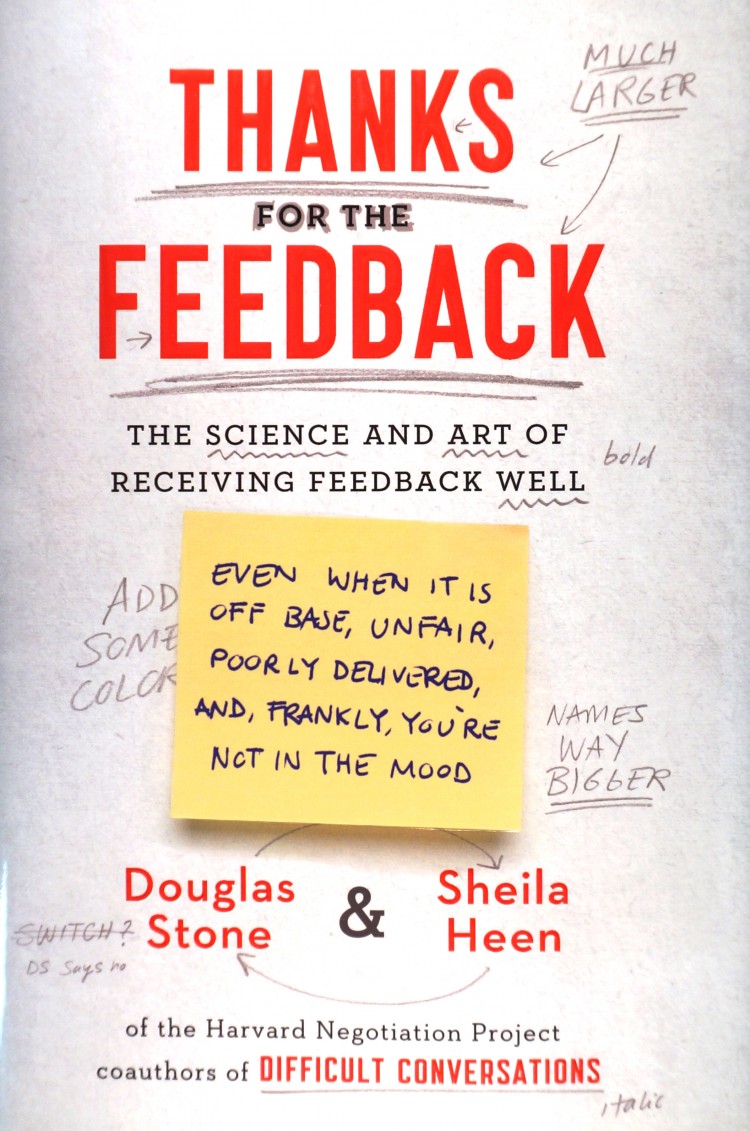
Three breeds of feedback
The very first task in assessing feedback is figuring out what kind of feedback we are dealing with. Bradly, feedback comes in three forms: appreciation (thanks), coaching (here’s a better way to do it), and evaluation (here’s where you stand). Often the receiver wants or hears one kind of feedback, while the giver actually means another. you finally show your professional artist friend the self-portrait you painted. At this stage of your development, what you need is a little encouragement, something along the lines of “hey, cool. Keep working at it.” What you get instead is a list of twelve things to fix.
When we say or hear “could I get some feedback?” we’re quick to interpret it in at least one of these 3 ways. To clarify what is wanted means that feedback no longer has to be a dreaded, uncomfortable conversation, but rather, one that aids improvement and growth. To me, the key element in these is overtly stating which kind of feedback is on the table at any given moment:
Trying to talk about both topics simultaneously is like mixing your apple pie and your lasagna into one pan and throwing it in the oven. No matter how long you bake it, it’s going to come out a mess.
This quote is specifically about feedback, but it applies far more often than that. Specifically, when we disagree, we often are disagreeing on a number of different levels, yet we try to address them all at once. The first step them, is to dissect the different concerns and give each of them some air time.
All that we expressed comes in a frame of what is expected, what society suggests, what we know from our previous experience with this person, what we think they want, what they say (which may be different from what they want, as well). The authors suggest one framework to clarify this context:
Appreciation has to come in a form the receiver values and hears clearly. Gary Chapman makes a similar point about love in his book The 5 Love Languages. Some of us take in love through words (“I love you”), while others hear it more clearly through acts of service, quality time, physical contact, or gifts.